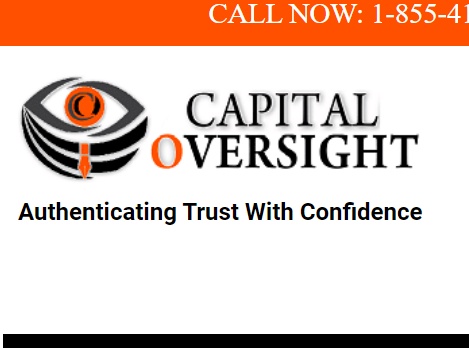In today's digital age, businesses face an ever-present threat of identity theft, which can have devastating consequences for their finances, reputation, and operations. From fraudulent transactions to stolen intellectual property, identity theft poses a significant risk to businesses of all sizes and industries. In this article, we'll explore the various aspects of business identity theft, the best practices for protection and prevention, and the role of legal professionals in safeguarding businesses against this pervasive threat.
Understanding Business Identity Theft:
Business identity theft occurs when a fraudster steals a company's sensitive information, such as tax identification numbers, financial records, or intellectual property, to perpetrate fraudulent activities. This can include unauthorized transactions, fraudulent loans, or the creation of fake accounts in the business's name. Unlike personal identity theft, which targets individuals, business identity theft targets organizations, often leading to significant financial losses and reputational damage.
Implementing robust identity fraud protection measures is crucial for safeguarding your business against malicious actors. This includes regularly monitoring financial statements and credit reports for suspicious activity, using strong passwords and encryption to secure sensitive data, and limiting access to confidential information to authorized personnel only. Additionally, investing in comprehensive identity theft protection services can provide an added layer of security and peace of mind for businesses.
Business Identity Theft Prevention Strategies:
Proactive prevention is key to mitigating the risk of business identity theft. This includes educating employees about the signs of identity theft and implementing strict security protocols for handling sensitive information. Conducting regular audits of internal controls and procedures can also help identify vulnerabilities and prevent unauthorized access to company data. Furthermore, establishing a culture of vigilance and accountability within the organization can empower employees to report suspicious activity promptly.
Business Identity Theft Protection Services:
Several reputable companies offer specialized identity theft protection services tailored to the needs of businesses. These services typically include credit monitoring, fraud detection, and resolution assistance in the event of a security breach. By partnering with a trusted identity theft protection provider, businesses can proactively safeguard their sensitive information and minimize the risk of financial loss and reputational damage.
Legal Considerations and Business Entities:
Different business entities, such as LLCs, C-Corps, and S-Corps, have distinct legal considerations when it comes to identity theft protection and prevention. Business owners should consult with a knowledgeable business law lawyer or attorney to ensure compliance with relevant regulations and requirements. These legal professionals can provide guidance on business filing procedures, contractual agreements, and data privacy laws to help businesses mitigate the risk of identity theft and navigate potential legal challenges.
Role of Legal Professionals in Business Identity Theft Prevention:
Business law lawyers and attorneys play a crucial role in helping businesses protect themselves against identity theft and fraud. They can assist with drafting and reviewing contracts, implementing data security policies, and responding to security breaches or legal disputes. Additionally, legal professionals can provide ongoing guidance and support to ensure that businesses remain compliant with applicable laws and regulations, reducing their exposure to identity theft risks.
Fraud Alert for Business:
Implementing a fraud alert system is an effective way for businesses to detect and respond to suspicious activity in real-time. This can include monitoring for unusual financial transactions, unauthorized access to sensitive data, or fraudulent attempts to open new accounts in the business's name. By setting up automated alerts and notifications, businesses can take swift action to investigate and address potential security threats before they escalate.
Conclusion:
Business identity theft poses a significant threat to organizations of all sizes, requiring proactive measures and diligent oversight to mitigate the risk effectively. By implementing robust identity theft protection measures, educating employees about security best practices, and partnering with trusted legal professionals, businesses can safeguard their sensitive information and minimize the risk of financial loss and reputational damage. In an increasingly interconnected and digitized world, protecting against identity theft is not just a best practice—it's a critical imperative for the long-term success and viability of any business.


No comments yet